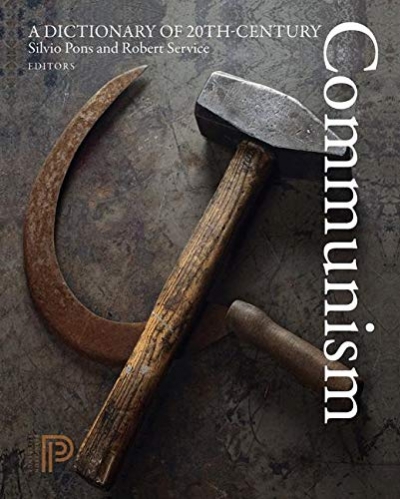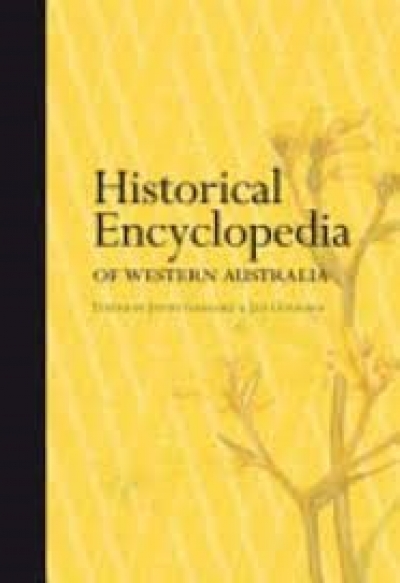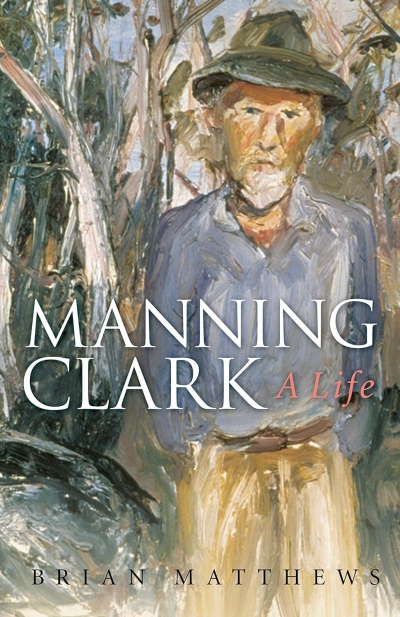Stuart Macintyre
Liberty: A History of Civil Liberties in Australia by James Waghorne and Stuart Macintyre
A Dictionary of 20th-Century Communism edited by Silvio Pons and Robert Service, translated by Mark Epstein and Charles Townsend
The Poor Relation: A History of Social Sciences in Australia by by Stuart Macintyre
How to Write History That People Want to Read by Ann Curthoys and Ann McGrath & Voice and Vision by Stephen J. Pyne
Historical Encyclopedia of Western Australia edited by Jenny Gregory and Jan Gothard
For the second half of 2007 and the first half of 2008, I was the professor of Australian Studies at Harvard University. This is an annual appointment, open across the range of disciplines that lend themselves to the study of Australia, so that my predecessor, Jim Fox, was a member of the department of anthropology, and my successor, Iain Davidson, is now working in the depart- ment of archaeology. I joined a large and vigorous department of history, which has about fifty members.
Some months before I left, the head of department asked me to prepare a course guide for my first semester of teaching. To help me, he sent a copy of one of his own recent course guides. It was quite adequate: the lecture pro- gramme, reading list and assessment procedures were all set out. But to anyone teaching in an Australian university it looked decidedly scant, the sort of handout that might have passed muster twenty years ago, before university learning and teaching committees began to insist that generic skills and key learning outcomes be specified for all subjects.
... (read more)







